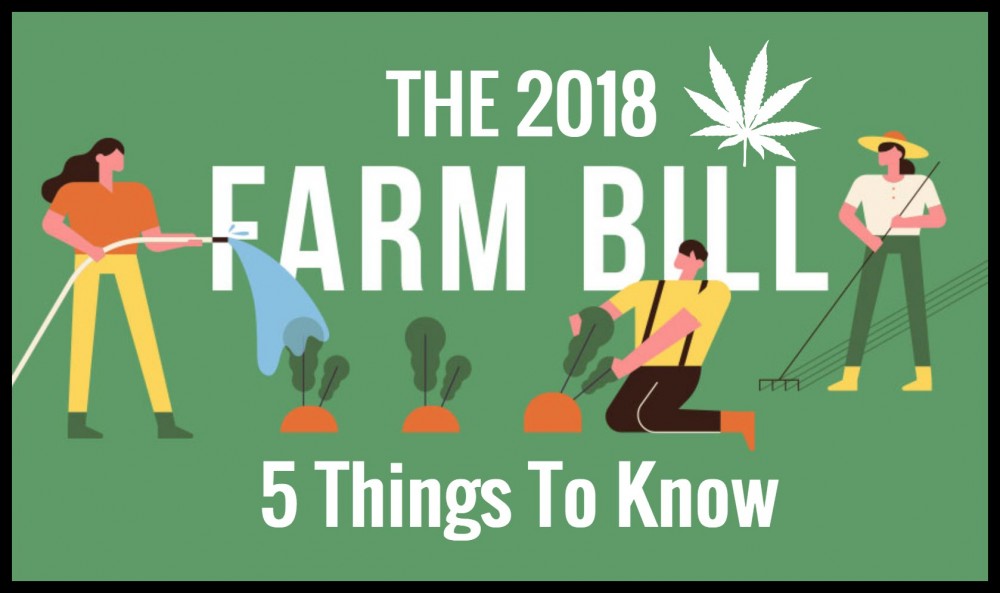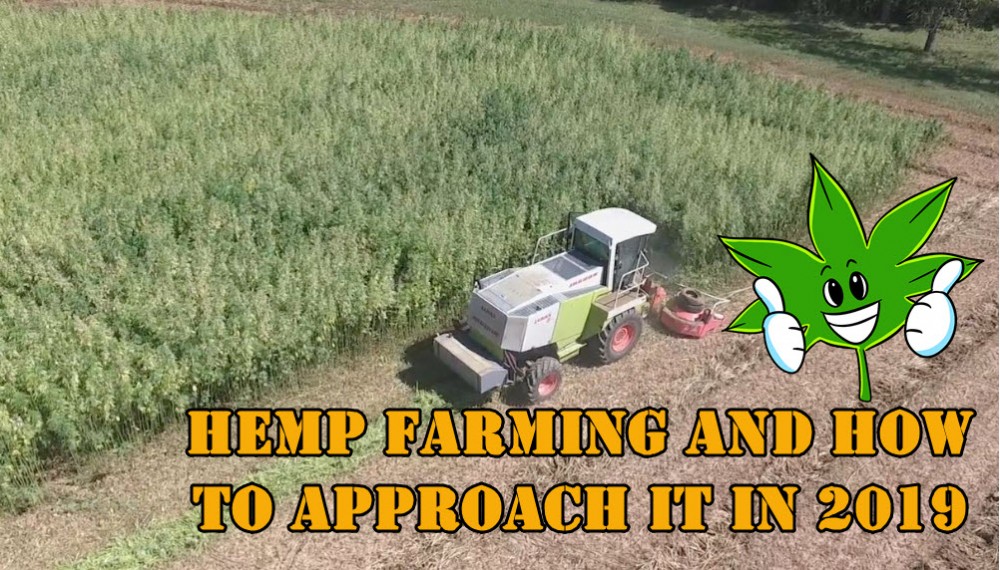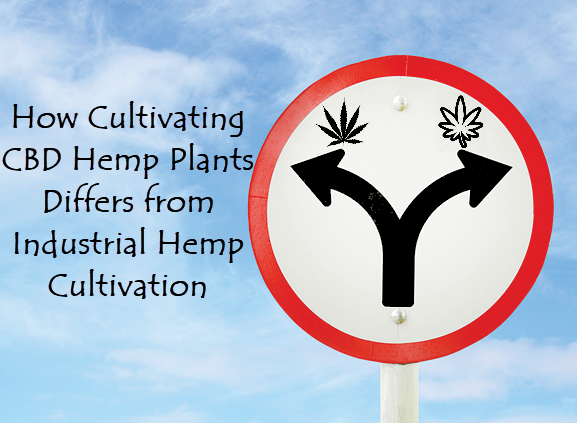Hot Hemp - What Causes Industrial Hemp To Have High Amounts Of THC?

Botanically speaking, marijuana and hemp are derived from the same plant: Cannabis sativa.
However, they are both different varieties but the major differentiator is in how they are used. Hemp is widely cultivated and harvested for its seed and stalk, which are then used to create a wide range of industrial products including paper, textile, building materials, body care products, and even food.
Hemp isn’t generally smoked, although a small niche of CBD users are staring to try CBD pre-rolled joints and CBD hemp flower, because it only contains roughly 0.3% of THC, which is what gets you high.
Meanwhile, marijuana is used recreationally or medicinally for its other chemical compounds such as THC and CBD. It contains 5% or more THC, sometimes as much as 25% THC.
Industrial hemp’s low THC content is what makes it legal throughout the country, largely in part because of the 2018 Farm Bill. Because of the many uses of hemp, the market is estimated to grow 34% annually, reaching a valuation of a cool $26.6 billion come 2025.
Hence the rise of farmers turning to this lucrative crop. If you can grow industrial hemp with THC levels at 0.3% or lower, this could mean serious cash for your business.
So how come there are hemp varieties that have turned out to be “hot”, or have illegally high amounts of THC? When this happens, hemp farmers have no choice but to dispose of these plants because they can’t be sold.
The consequences of accidentally growing “hot hemp” can be drastic not just for the farmers who lose money from it, but for the consumers who medicate with hemp products expecting not to get high from it.
According to a new paper released by researchers from Cornell University, genetics plays the most important role. This is interesting considering that based on what we know so far, we had thought all this time that it was the environment the hemp was grown in, particularly the soil, that can cause it to yield illegally high levels of THC.
The Cornell study involved studying 2 hemp fields; they then compared the genetic makeup of the plants in each as well as the environmental conditions in which they were grown. They found that varying environment conditions didn’t significantly alter the THC levels of hemp. What was interesting was that they found that the hemp plants with different genes seemed to cause the difference in whether they’ll yield high amounts of cannabinoids including THC.
“Our evidence from this paper is that fields go hot because of genetics, not because of environmental conditions,” explains the study’s lead author, Larry Smart. They go on to explain: “The molecular assays developed in this paper provide useful tools in breeding hemp,” says Jacob Toth, the paper’s first author. “To keep THC levels low, ensuring a lack of THC-producing genes will be important for the development of future compliant cultivars. Molecular testing is also much quicker and less expensive than current methods, and it can be done on seedlings instead of mature plants.”
How Farmers Can Benefit From These Findings
The takeaway from the Cornell study is extremely valuable for hemp farmers.
What this means is that – all they need to do to minimize the risk of loss from hemp cultivation is to undergo genetic testing on their seedlings. This is an efficient way to identify THC levels of plants before they grow into maturity.
Genetic testing is also valuable for farmers who want to win big, because it will also allow them to breed ensuring they yield superior varieties. Using molecular markers in vegetable crops is a tried-and-tested method to speed up breeding, while other types of genetic testing such as marker-assisted selection, database genotyping, and DNA fingerprinting can be applied in the breeding and production of hemp.
Meanwhile, trait-linked markers together with markers that identify both drug and non-drug types of cannabis are being studied. When genotyping databases are created, farmers can use this information to breed hemp that consistently produces THC levels that are below 0.3%, thus, reducing the risk of yielding “hot hemp”.
“The biggest factor contributing to the issue of hot hemp is probably the genetics that growers are sourcing,” explains Bob Pearce, Ph.D., agronomy professor with the University of Kentucky. “Cultivars that produce predominantly CBD also produce small amounts of THC, typically in a pretty consistent ratio for that cultivar. So, as CBD increases, so does THC. Then you throw in environmental stress and management on top of a marginally compliant cultivar, and you start to see problems with hot hemp,” he says.
Other things that hemp farmers can do is to work with known cultivars that have already been consistently tested as producing THC levels below 0.3%. Pearce also explains that farmers need to source hemp seeds from reputable sources so that they have “some assurance they are getting what was advertised.”
There are many ways that hemp farmers can now apply to reduce the risk of producing hot hemp, and they should take this advice to heart. Genetic testing remains to be the most important step, saving valuable time and preventing cash loss.
FARM BILL, HEMP, AND LEGAL THC, READ MORE...
FARM BILL, HEMP, AND THC LEVELS, WHAT YOU NEED TO KNOW?
OR..
HEMP FARMING AND WHAT TO EXPECT, READ MORE.
OR...
HEMP ENERGY CRISIS, NO WAY, CHECK THIS OUT!










